Category: Health
-
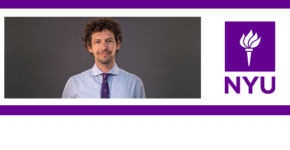
Jonathan Purtle, New York University – Implementing the 988 Lifeline
On New York University Week: There’s a lifeline for those in psychological distress, but how many people know about it? Jonathan Purtle, Associate Professor of Public Health Policy and Management at the School of Global Public Health and Director of Policy Research at the Global Center for Implementation Science, examines this. Dr. Purtle’s research focuses…
-
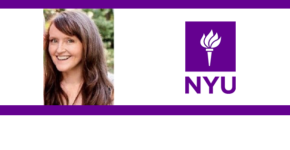
Kelly Daly, New York University – Overcoming Dental Fear
On New York University Week: Does anyone like going to the dentist? Kelly Daly, assistant research scientist at the Family Translational Research Group at the College of Dentistry, delves into how to get over your fear of going to get your teeth cleaned. Kelly Daly, PhD, is an assistant research scientist at the Family Translational…
-
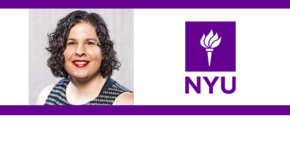
Daphna Harel, New York University – Depression Assessments Reliable Across Technology, Setting, and Type
On New York University Week: Receiving a diagnosis can be done from behind a computer screen, but is it as reliable as an in-person visit? Daphna Harel, associate professor of applied statistics, explores this question. Daphna Harel is an Associate Professor of Applied Statistics at the Steinhardt School of Culture, Education, and Human Development at…
-
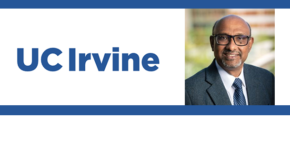
Saurabh Chatterjee, University of California, Irvine – Extreme heat is damaging our vital organs
Extreme heat stress can have many negative effects on our bodies. Saurabh Chatterjee, professor of environmental & occupational health at the at the Joe C. Wen School of Population & Public Health at the University of California, Irvine, determines how to protect ourselves. Dr. Saurabh Chatterjee is a human physiologist with specialized training in immunology. He…
-
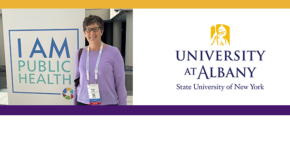
Ursula Lauper, University at Albany – Rise in Legionnaires’ Disease
On University at Albany Week: Why is legionnaire’s disease on the rise? Ursula Lauper, clinical assistant professor in the School of Public Health, explores the data to provide an answer. Ursula Lauper is Chief of the Water Systems Control and Analysis section within the NYS Department of Health Bureau of Water Supply Protection. In this…
-
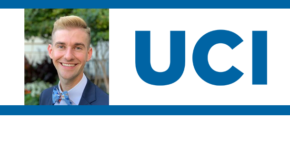
Matthew Landry, University of California, Irvine – Misconceptions and Gaps in OB/GYN Training on Plant-Based Nutrition
Not enough doctors are trained in plant-based nutrition. Matthew Landry, assistant professor of population health & disease prevention at the Joe C. Wen School of Population & Public Health at the University of California, Irvine, looks at how to close the gap. Matthew Landry’s current research focuses on identifying the optimal diet (or diets) for…
-
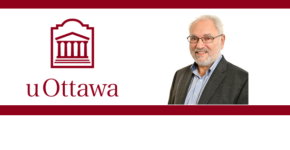
Michael Wolfson, University of Ottawa – Where You Live May Determine how Long You Live
Choosing where to live can be a big decision and can even impact your life expectancy. Michael Wolfson, former assistant chief statistician at Statistics Canada and current member of the University of Ottawa’s Centre for Health Law, Policy and Ethics, discusses why. Michael Wolfson is a former assistant chief statistician at Statistics Canada and current…
-
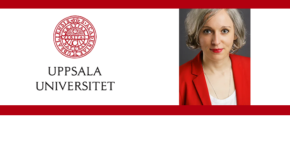
Charlotte Blease, Uppsala University – Empowering Patient Research
What do patients bring to healthcare? More than you might think. Charlotte Blease, associate professor at Uppsala University, tells us. Dr Charlotte Blease is a health informaticist and philosopher. She works in Uppsala University, Sweden, and before this was based at Harvard Medical School for five years where she is still a research affiliate. She…
-
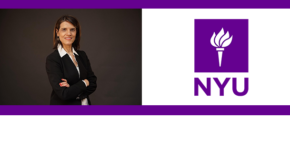
Claudia Passos-Ferreira, New York University – Are Newborn Babies Conscious?
On New York University Week: When does consciousness start for newborns? Claudia Passos-Ferreira, assistant professor of bioethics, considers this question. Claudia Passos-Ferreira is Assistant Professor of Bioethics at New York University’s School of Global Public Health. She has a Ph.D. in Public Health from the State University of Rio de Janeiro and a second Ph.D.…
-

C. Michael White, University of Connecticut – Ketamine and Electroconvulsive Therapy
Depression sufferers may have a new choice for treatment. C. Michael White, distinguished professor and chair of pharmacy practice at the University of Connecticut School of Pharmacy, explains. Michael White, Pharm.D., FCP, FCCP, FASHP has ~500 publications resulting in 18288 citations with an H-index of 70; placing him within an elite group of researchers. Dr.…
